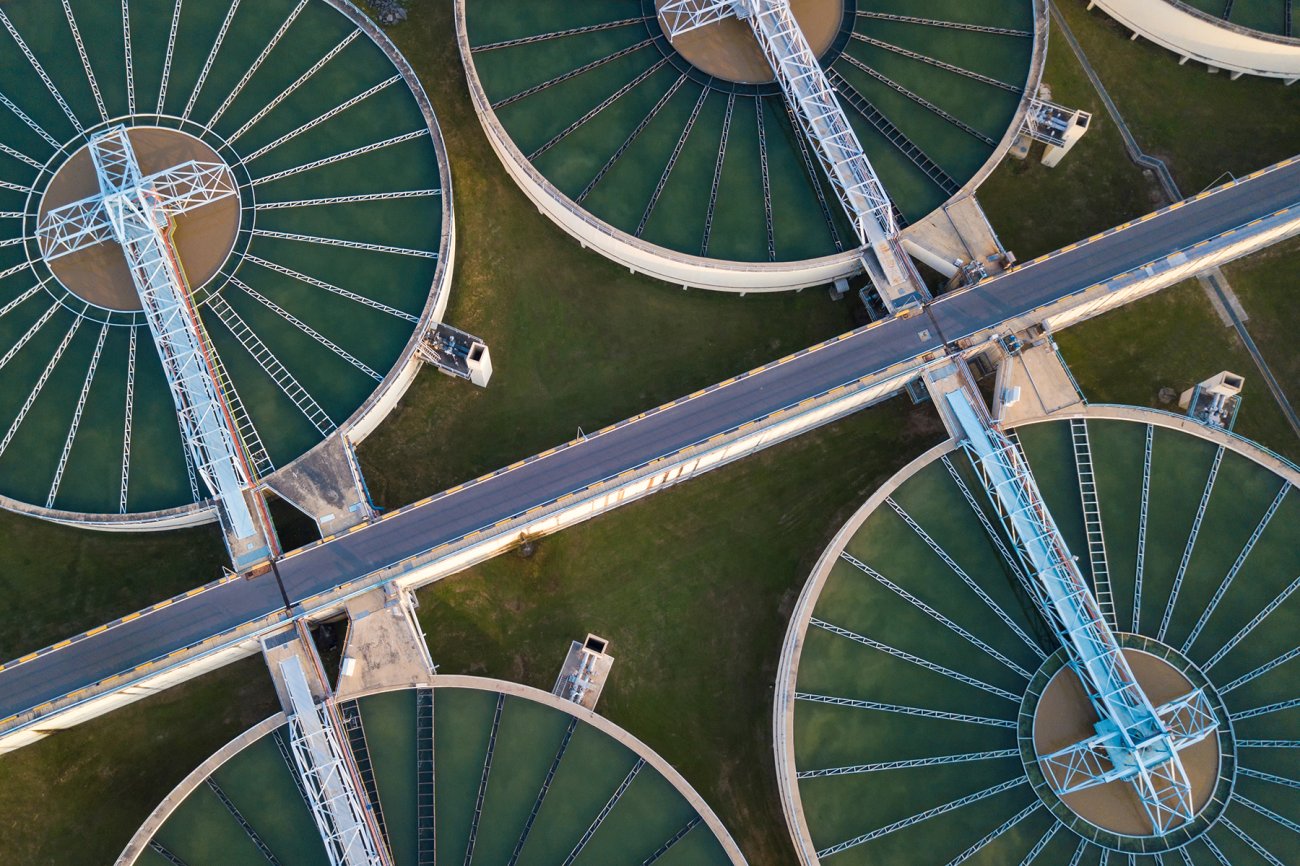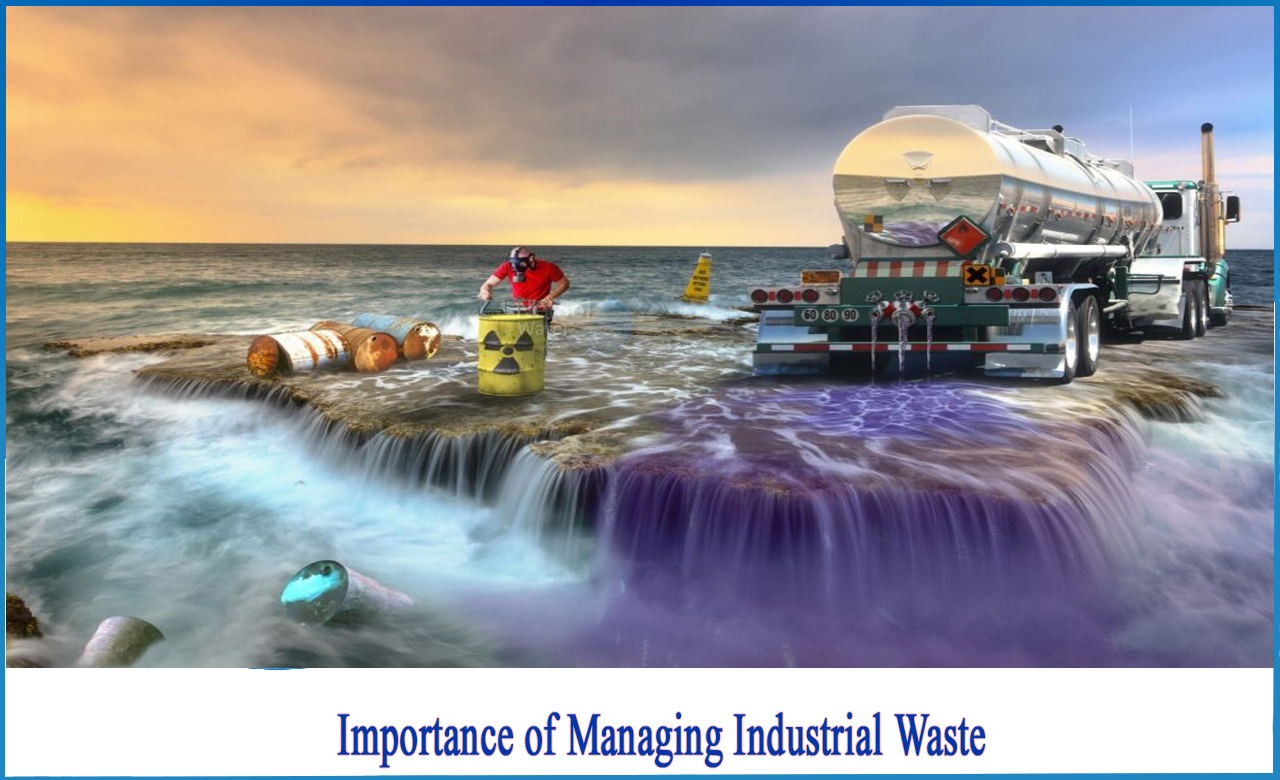The Best Strategy To Use For Reclaim Waste
The Best Strategy To Use For Reclaim Waste
Blog Article
Some Known Details About Reclaim Waste
Table of ContentsThe 7-Minute Rule for Reclaim WasteThe Ultimate Guide To Reclaim WasteReclaim Waste - QuestionsThe Best Strategy To Use For Reclaim Waste9 Simple Techniques For Reclaim Waste
Check out the types, occurrences, and forms of liquid waste. Domestic sewage waste refers to the waste and items from a household septic container. This sort of waste is developed by people in homes, institutions, and other buildings. This only consists of septic systems that have a drain area. The appropriate administration and disposal of domestic sewage waste need fluid waste to be moved to a sewer treatment plant where the appropriate techniques and tools are put on purify and deal with waste.
Business waste frequently includes possible hazards, such as combustible products or a combination of liquid and solid waste products, and calls for a much more advanced and thorough disposal procedure. The disposal of business waste usually entails the purification of waste before transport to make sure secure and correct disposal. Hazardous waste is created from results and overflow of commercial procedures and production.
This sort of waste can not utilize the exact same sewer administration transportation or procedures as septic or business fluids. The industrial waste administration process calls for the examination and screening of fluid waste before it undergoes the disposal procedure (liquid waste disposal). Overflow waste is the liquid waste that originates from drainage and excess stormwater in extremely booming locations or cities
Runoff waste can create contamination and flooding if not managed properly. Ensuring correct waste administration can avoid catastrophes and lower environmental injury.
Reclaim Waste for Beginners
Contact PROS Services today to learn more about our waste monitoring and disposal solutions and the correct methods to take care of the liquid waste you produce.
(https://telegra.ph/Expert-Liquid-Waste-Disposal-and-Removal-Services-in-Melbourne-11-12)Do you understand what happens to your water when you end, purge the bathroom or drain pipes the cleaning maker? No? Well, it's worth knowing. This so-called 'wastewater' is not only a vital source but, after treatment, will be released to our land, rivers or the sea. Used water from bathrooms, showers, baths, kitchen sinks, laundries and commercial procedures is called wastewater.

water made use of to cool down machinery or clean plant and devices). Stormwater, a form of wastewater, is drainage that streams from farming and metropolitan locations such as roof coverings, parks, yards, roadways, courses and rain gutters right into stormwater drains pipes, after rain. Stormwater moves neglected directly to regional creeks or rivers, eventually getting to the sea.
The Buzz on Reclaim Waste
In Queensland, many wastewater is treated at sewage treatment plants. Wastewater is transported from residential or industrial websites via a system of sewers and pump stations, called sewage reticulation, to a sewage treatment plant. Local governments build, maintain and run most sewage treatment plants. Operators are licensed under the Environmental Management Act 1994 to discharge cured wastewater at an acceptable ecological criterion right into rivers.
The Department of Natural Resources encourages city governments concerning handling, operating and maintaining sewage systems and treatment plants. In unsewered locations, regional federal governments may call for homeowners to set up individual or home sewer treatment systems to treat domestic wastewater from toilets, kitchen areas, washrooms and laundries. The Department of Natural Resources authorises using household systems when they are confirmed to be reliable.
Many stormwater obtains no treatment. In some new subdivisions, therapy of some stormwater to eliminate trash, sand and crushed rock has actually started utilizing gross toxin catches. Wastewater treatment occurs in 4 phases: Removes solid matter. Larger solids, such as plastics and various other things incorrectly released to sewage systems, are removed when wastewater is gone through screens.
Wastewater after that moves right into large storage tanks where solids work out and are gotten rid of as sludge. Oil and residue are skimmed from the surface area. Makes use of small living organisms knows as micro-organisms to damage down and eliminate staying liquified wastes and fine fragments. Micro-organisms and wastes are included in the sludge. Eliminates nitrogen and phosphorus nutrients that can create algal blossoms in our rivers Our site and threaten aquatic life.
Some Ideas on Reclaim Waste You Should Know
Nutrient elimination is not available at all sewage treatment plants since it requires costly specialized tools. Clear liquid effluent produced after therapy might still contain disease-causing micro-organisms - liquid waste disposal.

This normally suggests wastewater has to be dealt with or impurities gotten rid of prior to it can be released to waterways. The majority of wastewater flows into the sewerage system. Under the Act, city governments provide approvals and licences for ecologically appropriate activities (ERAs) including wastewater releases that may have a regional effect. The department provides authorizations and licences to Periods involving wastewater releases that could have a local or statewide impact.
The Only Guide for Reclaim Waste
Or else, examples are considered research laboratory analysis. Frequently many tests are needed to develop the degrees of each of the various contaminants such as oils, hefty metals and pesticides in water. Monitoring provides accurate information regarding water top quality and can validate that licence problems are being fulfilled. The information gotten via tracking offers the basis for making water quality choices.
Report this page